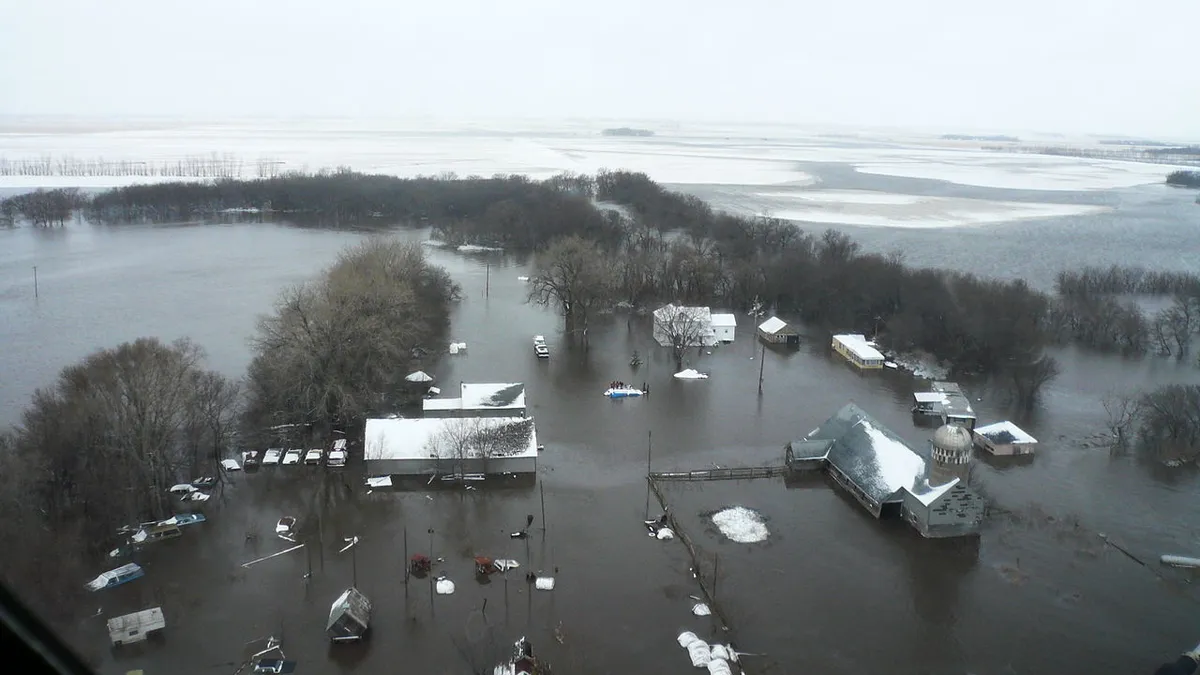Dive Brief:
- Three federal agencies — the Economic Development Administration (EDA), the National Institute of Standards and Technology (NIST) and the First Responder Network Authority (FirstNet) — announced an interagency challenge to accelerate innovations in disaster response and resiliency technology. The Accelerate R2 Network Challenge is a $1 million grant challenge, with full applications due in March.
- Officials with the U.S. Department of Commerce, under which the three agencies operate, said the challenge is designed to encourage innovation in the communications, technology, and equipment first responders use when responding to disasters and events; and also to help find new ways to build, protect, and connect networks and infrastructure to help communities recover and build readiness and resilience in the face of future disasters.
- In a statement, Under Secretary of Commerce for Standards and Technology and NIST Director Walter G. Copan said the contest will "support America's strong innovation base and decrease the time for these technologies to transition from lab to market."
Dive Insight:
Resiliency has become a major point of emphasis for city leaders as they look to mitigate the worst effects of climate change, which are becoming more severe every year. And emergency response has taken on a fresh urgency with extreme weather events like hurricanes and wildfires wreaking havoc with ever greater intensity.
While local officials are making resiliency a key part of their plans, this contest is the latest indication that the federal government is beginning to take such efforts more seriously. Last month, American Society of Civil Engineers (ASCE) Executive Director Tom Smith told Smart Cities Dive that the need for resilient infrastructure is now "universally understood," including in the halls of Congress, where recent appropriations bills have both made explicit mentions of the need for resilient infrastructure that can withstand the effects of climate change.
And city leaders have called for the federal government to do even more to encourage resiliency. At the first hearing of U.S. Senate Democrats' Special Committee on the Climate Crisis, Honolulu Mayor Kirk Caldwell was among those to call for a federal department dedicated to resiliency, which he said would be less affected by the political headwinds that can come through Washington, DC and upend years of progress on tackling climate change.
"How do we continue to build on the platform that came before us? I think if you institutionalize it, fund it and staff it, you’re going to have more success and making sure we stay the course," Caldwell said at the time.
As they look to prepare for and recover from natural disasters, cities have already sought innovative, new technologies to help. Houston, for example, has added high-water warning systems that involve cameras, sensors and computers, and is looking to mapping and simulations to help it deal with the next major weather event.
FirstNet's involvement in this is also significant. With thousands of public safety agencies signed up, the technology has the potential to be of even greater use to first responders, and to foster a culture of innovation in an area that affects many thousands of people every year.












